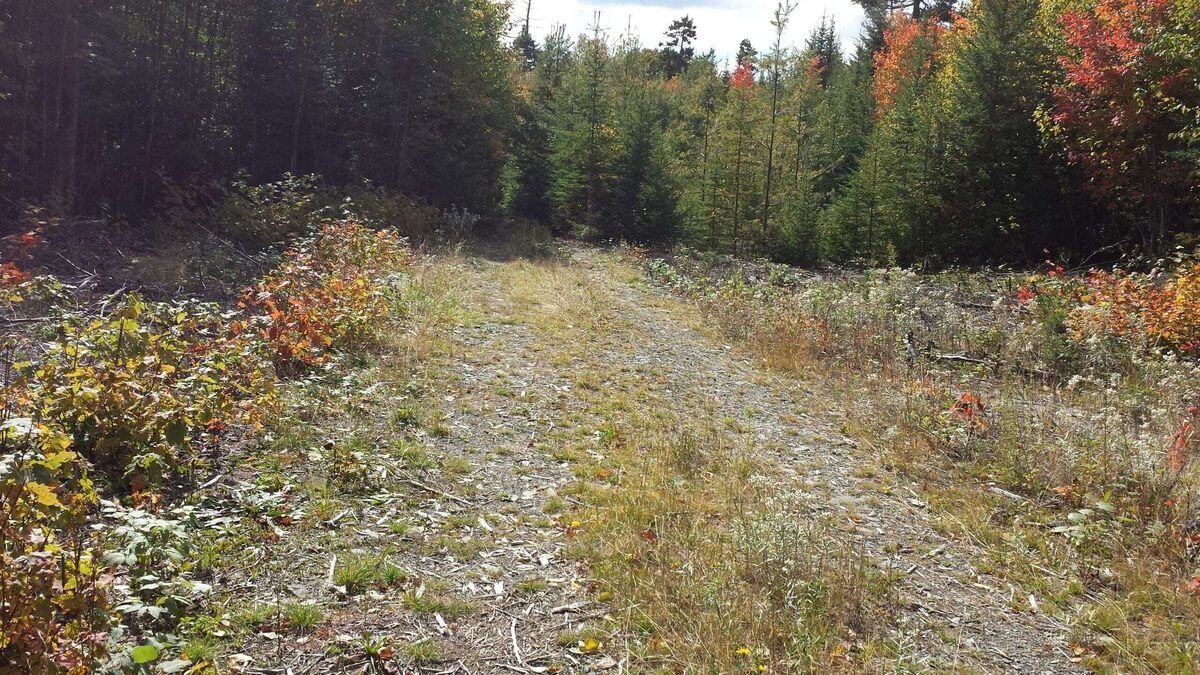Lost Logging Camps Of Maine’s West Branch

Have you ever thought about the hidden stories of Maine's lost logging camps along the West Branch? These camps, once bustling with life, played a huge role in the state's history. Imagine the sound of axes chopping, the smell of fresh pine, and the camaraderie among loggers. Today, these sites are mostly forgotten, but they hold secrets of a time when logging was king. Exploring these places can feel like stepping back in time, offering a glimpse into the lives of those who worked tirelessly in the woods. Whether you're a history buff or just curious, the lost logging camps of Maine's West Branch offer a unique adventure. Get ready to uncover tales of hard work, resilience, and the spirit of the North Woods.
The Forgotten World of Maine's Logging Camps
Maine's West Branch region holds secrets of a bygone era. Once bustling with activity, these logging camps played a crucial role in the timber industry. Today, they stand as silent witnesses to history, waiting to be rediscovered. Let's journey through some of these lost camps.
1. Chesuncook Village
Chesuncook Village, one of the oldest settlements in the area, served as a hub for loggers. This camp was known for its strategic location near the river, making it ideal for transporting logs downstream. Today, remnants of old cabins and equipment can still be found, offering a glimpse into the past.
2. Ripogenus Dam Camp
Ripogenus Dam Camp was a vital part of the logging operations. Built near the dam, it provided shelter and resources for workers managing the flow of logs. The dam itself remains a testament to the engineering feats of the time, while the camp's ruins tell stories of hard work and camaraderie.
3. Umbazooksus Lake Camp
Nestled by the serene Umbazooksus Lake, this camp was a favorite among loggers. The lake offered a peaceful retreat after long days of labor. Although nature has reclaimed much of the area, traces of the camp's existence can still be found, whispering tales of the men who once called it home.
4. Lobster Lake Camp
Despite its name, Lobster Lake Camp had nothing to do with seafood. Instead, it was a bustling center for timber operations. The camp's strategic location allowed for efficient log transportation. Today, visitors can explore the area and imagine the lively scenes that once unfolded there.
5. Caucomgomoc Lake Camp
Caucomgomoc Lake Camp was known for its picturesque setting and abundant resources. Loggers here enjoyed the beauty of the lake while working tirelessly to harvest timber. Although the camp is now overgrown, its legacy lives on in the stories passed down through generations.
6. Chamberlain Lake Camp
Chamberlain Lake Camp was a key player in the logging industry, thanks to its proximity to the lake and surrounding forests. The camp's remains, including old tools and structures, offer a fascinating look into the daily lives of the loggers who once toiled there.
7. Telos Lake Camp
Telos Lake Camp was a bustling hub of activity, with loggers working tirelessly to meet the demands of the timber industry. The camp's strategic location near the lake made it an ideal spot for transporting logs. Today, the area is a peaceful retreat, with only whispers of its industrious past remaining.
8. Allagash River Camp
Allagash River Camp was a vital part of the logging network, with its location along the river providing easy access for log transportation. The camp's ruins, including old cabins and equipment, offer a glimpse into the lives of the loggers who once called this place home.
9. Churchill Lake Camp
Churchill Lake Camp was known for its stunning views and abundant resources. Loggers here worked tirelessly to harvest timber while enjoying the natural beauty of the area. Although the camp is now overgrown, its legacy lives on in the stories passed down through generations.
Discovering Maine's Logging Legacy
Maine's West Branch logging camps offer a unique glimpse into the past. These camps, once bustling with activity, now stand as silent reminders of a bygone era. Exploring these sites, visitors can imagine the hard work and camaraderie that defined the logging industry. The remnants of cabins, tools, and equipment tell stories of resilience and innovation. Nature has reclaimed much of the land, but the spirit of the loggers lives on. For those interested in history or simply seeking adventure, these camps provide a fascinating journey through time. They highlight the importance of logging in shaping Maine's economy and culture. As you wander through these historic sites, take a moment to appreciate the rugged beauty and the legacy left behind. Whether you're a history buff or an outdoor enthusiast, the lost logging camps of Maine's West Branch offer an unforgettable experience.

